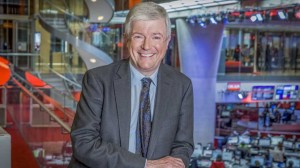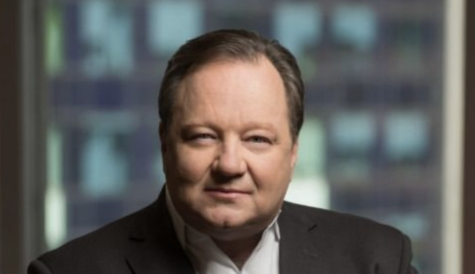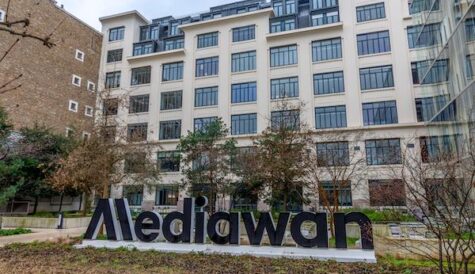BBC: reaching young people a major ‘strategic issue’
Successfully reaching young people is “one of the single biggest strategic issues” now facing the BBC, according to director general Tony Hall.
In a statement included in yesterday’s BBC Annual Report, Hall said that the BBC has to face up to increasing competition for screen time and to the fact that the media landscape has changed “beyond recognition”.
“Increasingly, younger audiences and older audiences are consuming media in different ways. This is why we have to respond,” he said.
Hall said that 8% of media time among adults and 25% among 16-24 year-olds is now spent on social media, while young audiences also spend 20-30% less time with TV overall.
He also cited the pressures of a media market that has become “hugely more global and competitive” in an apparent reference to subscription on-demand giants like Netflix and Amazon
“We are now in an environment where others are willing to invest huge amounts of money in an attempt to capture market share, and where technology companies are increasingly moving into areas that broadcasters have traditionally thought of as their own,” said Hall.
“Despite these challenges and more, I believe we can be very confident about our future. We may be financially small compared with some, but our impact can be huge.”
The BBC said it had five strategic objectives to help it focus its efforts over the next year: making sure everyone gets value from the BBC; providing world-class programmes and services; extending the global reach of the BBC; making the BBC a great place to work; and managing the BBC in a way that provides financial stability.
It defined its overarching strategic priorities as: grow iPlayer and live; reach 20 million members and review our brands; prioritise younger audiences; reinvent and grow audio; mobile news and ‘slow news’; revitalise our education mission; better reflect the diversity of the UK; grow the World Service; become Britain’s creative partner; and grow BBC Studios and BBC Worldwide.
“I want the BBC during this Charter to be defined by boldness, originality and risktaking,” said Hall. “I want us to have the courage of our convictions, to dare to do the things that others won’t, and to hear, again and again: ‘only the BBC would do that’.”
Referring specifically to the iPlayer, Hall said the goal is for the catch-up service to be the number one online TV service in the UK – doubling its reach and quadrupling the time each person spends on it every week by 2020.
Overall the BBC said that it continues to reach 95% of the UK adults each week and hailed an “outstanding year on air” with programmes like The Night Manager, Planet Earth II, Taboo, and Happy Valley.
The public broadcaster said its weekly global audience increased to 372 million people, BBC iPlayer had its biggest ever year with an average 246m monthly requests and BBC Children’s apps were downloaded 12 million times.
In the same report the BBC also revealed the names all employees and presenters paid more than £150,000 for the first time – a condition that was imposed on the BBC in its new Charter agreement, which came into force on January 1, 2017.
The details have opened up a public debate about BBC salaries after it was revealed that the top-earning male BBC presenter, Chris Evans, is on upwards of £2.2 million, while the highest earning female, Claudia Winkleman, is on a comparatively sight wage of just under £500,000.
The BBC’s highest paid presenters from a black, Asian and minority ethnic (BAME) background were George Alagiah, Jason Mohammad and Trevor Nelson, who each receive between £250,000 and £300,000 per year.
Tony Hall argued on gender and diversity that the BBC is “more diverse than the broadcasting industry and the Civil Service” and claimed “it is widely acknowledged that on the whole the BBC pays less than its competitors while delivering high-quality and award-winning content.”
“The BBC produces some of the nation’s most loved television and radio and the most trusted news, while operating in a competitive market with the likes of Sky, ITV, Netflix and Amazon.”
The BBC’s Annual Report can be accessed here. The annex to the report, featuring salary details of the BBC’s top earning stars, can be seen here.




